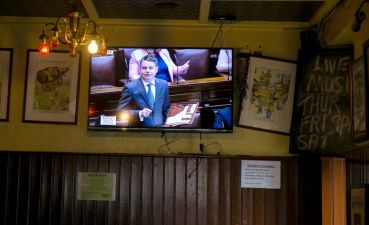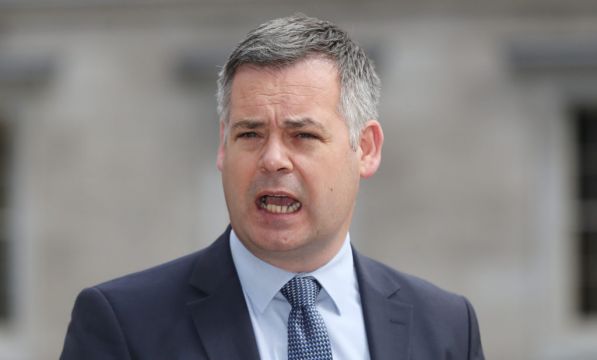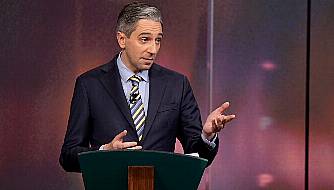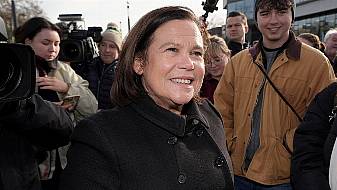A number of Opposition politicians have condemned budgetary measures put forward by Minister for Finance Paschal Donohoe to tackle the rising cost of living.
Sinn Féin’s finance spokesman, Pearse Doherty, told the Government benches in the Dáil that the Government was “out of touch, out of ideas and out of time”.
“Never has so much been spent to achieve so little,” he said.
“Energy prices are spiralling and your plan is to increase them further with carbon taxes.”
He added that housing prices and rents are out of control and said the Budget lacked measures to reassure families. “We heard more of the same,” he said.
Labour spokesperson on social protection, Seán Sherlock, meanwhile said social welfare increases of €5 outlined in the Budget would not “keep pace” with a projected rising cost of living.
“With the Government projecting an inflation rate of 3.7 per cent that means the mediocre increases provided to social welfare payments will be eaten up, and the rising costs for food, energy and other essential goods will reduce the value of payments further,” he said.
“This Budget spreads around lots of fivers but it doesn’t insulate those on fixed incomes from rising prices. Jobseekers Benefit and allowance of €203 a week would have to rise by a minimum of €7.50 just to keep pace with the projected inflation rate. Instead there will only be a €5 rise.”
'National fiver day'
Mick Barry, a People Before Profit/Solidarity TD for Cork North-Central, described Budget day as “national fiver day”.
Any minimum wage increase for low paid workers will be wiped out by cost of living increases, he told RTÉ’s News at One.
Co-leader of the Social Democrats, Roisin Shortall, told the same programme that the Budget overall was “disappointing”.
Changes to the tax system would mean very little to those on low pay, she said. In the context of the substantial increase in the cost of living, it would be very little help.

The increase in minimum wage was a "paltry" 30 cent per hour, she added. It would have been better to put the funds into the public sector.
She expressed disappointment that the age for free GP care for children increased only to age seven. It should have increased to age 12, as it was in every other European country, Ms Shortall said.
A €250 million fund to tackle waiting lists was throwing money at the problem without reform, she added. "That doesn't do anything."
—Reporting by Vivienne Clarke and Press Association.







